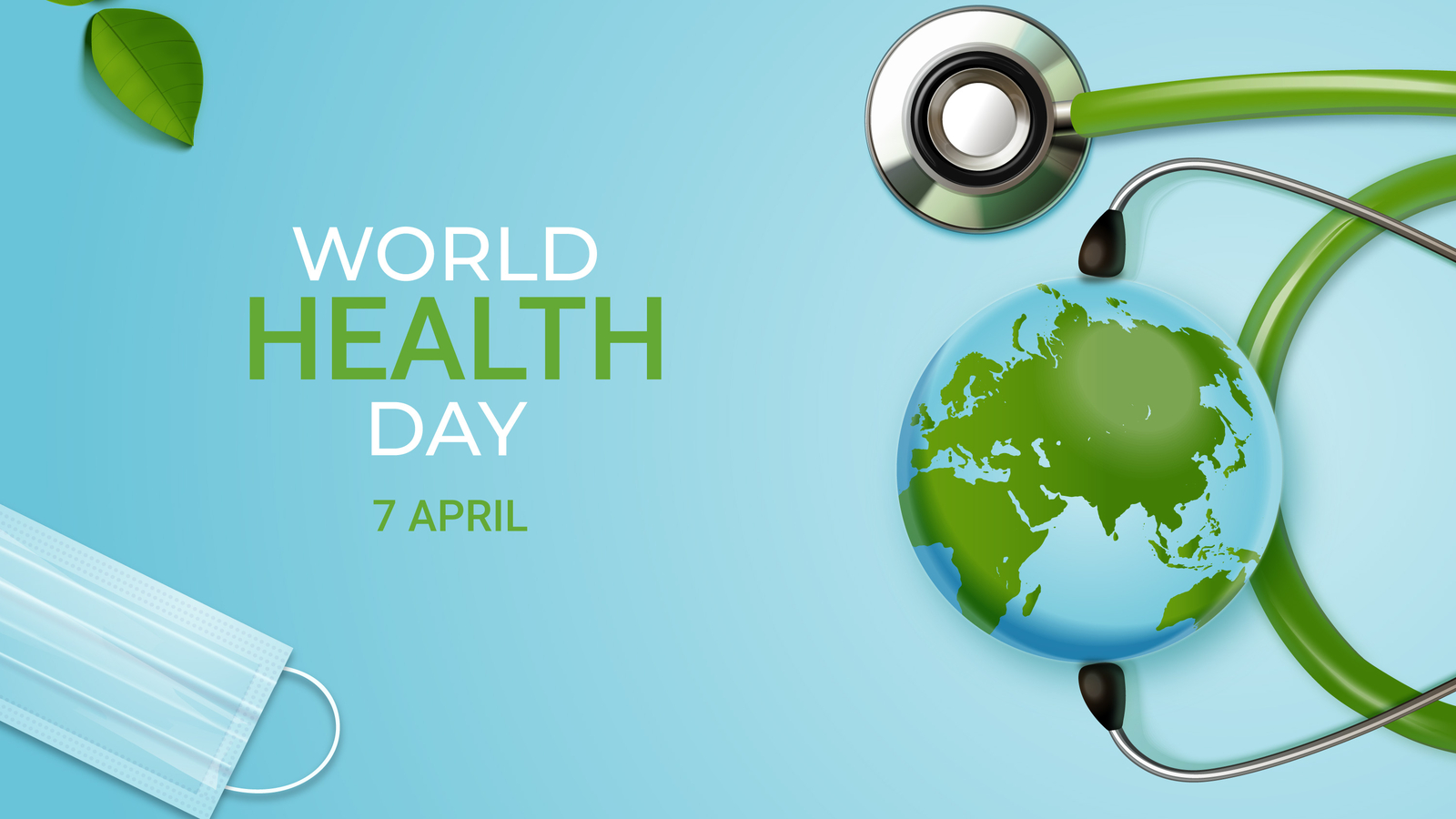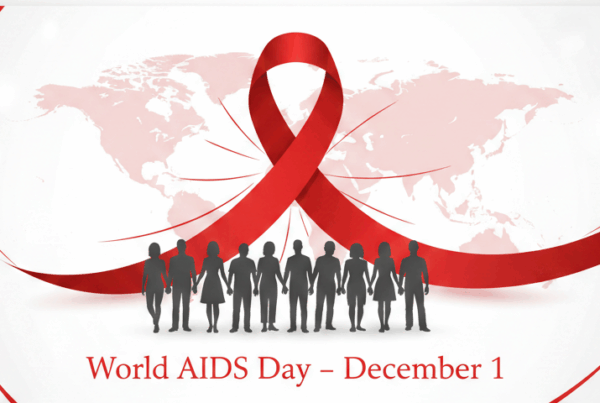Every year on April 7th, the world comes together to observe World Health Day, an initiative launched by the World Health Organization (WHO) in 1950. This annual event highlights critical health issues that affect people across the globe, encouraging governments, organizations, and individuals to take action in improving public health. Each year, World Health Day focuses on a specific theme, drawing attention to pressing challenges in health systems, diseases, and lifestyle conditions.
The significance of World Health Day lies not only in raising awareness but also in inspiring tangible change in how people approach healthcare on both personal and societal levels. With the theme changing annually, it serves as a reminder that global health challenges are ever-evolving, often requiring collective effort to address. The observance also serves to underscore the importance of achieving universal health coverage, where everyone has access to the health services they need without suffering financial hardship.
One of the underlying messages of World Health Day is the interconnectedness of health and socio-economic factors. Health is not just about the absence of disease; it’s about well-being in all its forms—physical, mental, and social. In recent years, mental health has taken center stage as one of the world’s most pressing concerns, with the WHO urging nations to prioritize mental well-being as much as physical health. The ongoing global challenges such as climate change, the COVID-19 pandemic, and growing inequality have brought into sharp focus how vulnerabilities in one area of health can cascade into others.
The COVID-19 pandemic further emphasized the urgent need for a robust, resilient healthcare system that can withstand global crises. As the world slowly recovers, there is a greater emphasis on building systems that not only respond to emergencies but also focus on preventive care, strengthening infrastructure, and ensuring that no one is left behind in the quest for good health. The pandemic also spotlighted the inequalities in healthcare systems, with marginalized communities facing disproportionate health outcomes due to lack of access, resources, and care.
On World Health Day, people are encouraged to reflect on their personal health choices, from the food they eat to the amount of physical activity they engage in. Governments and organizations use this day to review their policies, strengthen existing frameworks, and introduce new measures to promote public health. The focus is not only on treating diseases but on prevention through education, access to healthcare, and sustainable practices.
In today’s interconnected world, World Health Day is a global reminder that health is not just an individual responsibility but a collective one. It underscores the importance of partnerships among governments, the private sector, non-governmental organizations, and individuals to create healthier communities and a more equitable world. As we continue to navigate the complexities of modern health challenges, the call to action remains clear: prioritize health, address inequalities, and work toward universal access to care for all.
In the coming years, as the global health landscape continues to evolve, World Health Day will remain an essential day of reflection, education, and action—a reminder that health is a fundamental human right that must be safeguarded and nurtured for the well-being of future generations.




